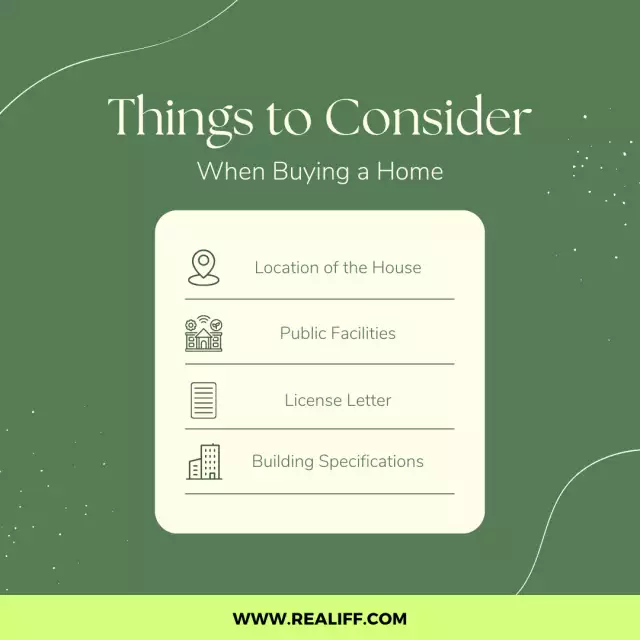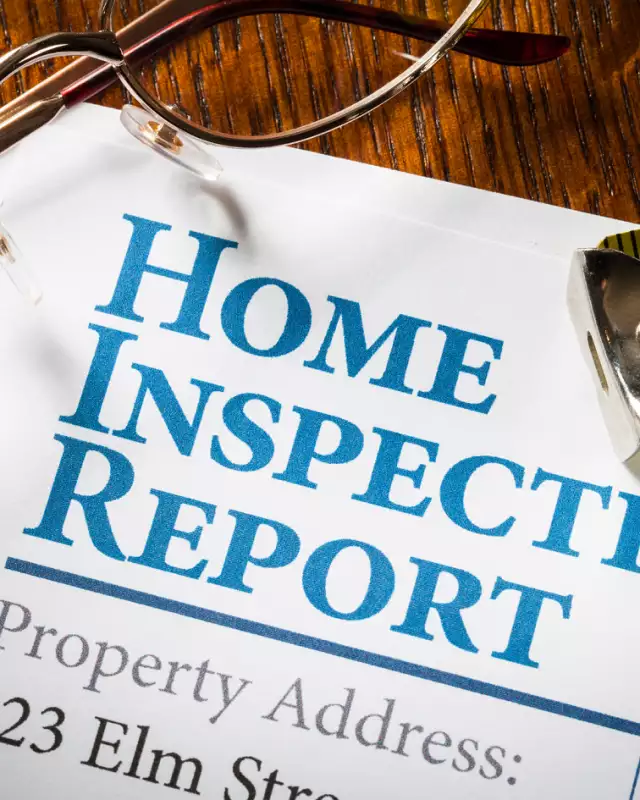The Ultimate Guide to Home Buying: A Complete Buyers Checklist from Search to Close
The Ultimate Guide to Home Buying: A Complete Buyers Checklist from Search to Close
Buying a homeis one of the most significant investments you'll make in your lifetime. It can be a daunting and overwhelming experience, especially if it's your first time. That's why it's important to have a complete buyer's checklist to guide you through the process, from the initial search to closing the deal. In this article, we'll take a closer look at each step of the home-buying process, so you can make informed decisions and find the perfect home.
Define Your Needs and Budget
Before you start your search, it's essential to determine your needs and budget. This includes the size, location, and style of the home you want, as well as your budget. Knowing your budget is crucial to ensure you're looking at homes that are within your price range. This will save you time and avoid disappointment later on.
When defining your needs, consider the following:
- How many bedrooms and bathrooms do you need?
- Do you prefer a single-story or two-story home?
- What type of neighborhood do you want to live in?
- Do you need a backyard for pets or children?
- Do you want a garage or off-street parking?
- What are your must-have features?
Your budget will depend on various factors, such as your income, debt, and credit score. Lenders typically use the 28/36 rule to determine how much mortgage you can afford. This means that your monthly housing expenses, including mortgage, taxes, and insurance, should not exceed 28% of your gross monthly income. Your total debt, including housing expenses, should not exceed 36% of your gross monthly income.
Get Pre-Approved for a Mortgage
Once you have a budget in mind, it's time to get pre-approved for a mortgage. This will give you a better idea of how much money you can borrow from the bank and what your monthly payments will be. Getting pre-approved will also show sellers that you're a serious buyer and can act quickly if you find a property you want to buy.
To get pre-approved, you'll need to provide financial documentation, such as your income, debt, and credit score. Lenders will review your information and give you a pre-approval letter that states the maximum amount of mortgage you can borrow. This letter is valid for 90 days and can be renewed if needed.
Research the Neighborhood
Before you start viewing homes, research the neighborhoods you're interested in. Look for information about the local schools, crime rates, transportation, and amenities. This will give you an idea of whether the area is a good fit for you and your family.
You can research neighborhoodsonline or by talking to local residents. Visit the area during different times of the day and week to get a better sense of the community. Drive around and check out the local shops, parks, and restaurants.
Start Your Search
Once you have a clear idea of what you're looking for and what neighborhoods you're interested in, it's time to start your search. There are several ways to search for homes, including:
- Online real estate websites, such as Zillow and Redfin
- Working with a real estate agent
- Visiting open houses
- Driving around neighborhoods and looking for "For Sale" signs
Online real estate websites are a popular option for homebuyers, as they allow you to search for homes based on your criteria. You can filter by location, price, size, and features. Real estate agents can also help you find homes that meet your criteria, as they have access to the Multiple Listing Service (MLS), which is a database of homes for sale in a specific area.
Visiting open houses and driving around neighborhoods can also be helpful, as you can get a feel for the home and the neighborhood. However, keep in mind that some homes may not have open houses, and it's essential to work with a real estate agentto get access to all the available homes.
Tour Homes
Once you've found a few homes that meet your criteria, it's time to tour them. This is your chance to see the home in person, check for any issues or concerns, and get a feel for the layout and design. When touring homes, consider the following:
- Look for any signs of damage or needed repairs
- Test the appliances and utilities
- Check the storage space
- Check the flow of the home and see if it fits your lifestyle
Don't be afraid to ask questionsand take notes. It's also important to take your time and not rush the process. Touring homes can be time-consuming, but it's worth it to find the perfect home.
Make an Offer
Once you've found the home you want, it's time to make an offer. Your real estate agent can help you with the paperwork and guide you through the negotiation process. When making an offer, consider the following:
- The asking price of the home
- Comparable home sales in the area
- The condition of the home
- Your budget and pre-approval amount
- Any contingencies, such as home inspections or financing
Your real estate agent will help you draft the offer and submit it to the seller's agent. The seller can accept, reject, or counter the offer. Once you agree on the terms, you'll move on to the next step.
Home Inspection
Before closing on the home, it's essential to have a home inspection. This is a thorough examination of the home's structure, systems, and components to identify any issues or needed repairs. A home inspection can uncover issues such as:
- Leaky roof or foundation
- Electrical or plumbing problems
- Mold or pest infestation
- Structural issues
Your real estate agent can help you find a reputable home inspector and schedule the inspection. If any issues are found, you can negotiatewith the seller to make repairs or lower the price.
Closing
Once you've completed all the previous steps, it's time to close on the home. Closing is the final step in the home-buying process, where you sign the paperwork, pay the closing costs, and officially become the owner of the home. During closing, you'll need to:
- Review and sign all the paperwork
- Pay closing costs, including fees and taxes
- Transfer ownership of the property
- Receive the keys to the home
Closing can take a few hours, so be prepared to spend some time at the closing table. Your real estate agent and lender will guide you through the process and answer any questions you have.
In conclusion, buying a home can be a complex process, but having a complete buyer's checklist can help make it easier. By defining your needs and budget, researching the neighborhood, and working with a real estate agent, you can find the perfect home for you and your family. Remember to take your time, tour homes, and ask questions. With the right preparation and guidance, you can successfully navigate the home-buying processand achieve your dream of homeownership.





